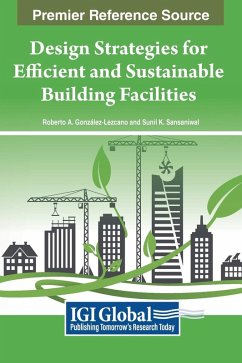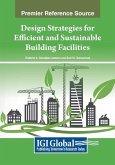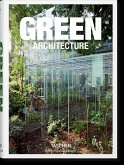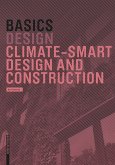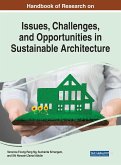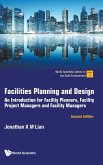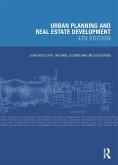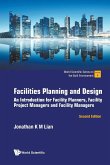Despite the growing emphasis on energy efficiency in building design, our indoor environments often fall short of providing optimal conditions for health and well-being. Indoor air quality, temperature, and lighting levels play crucial roles in occupant health, yet they are frequently overlooked in building practices. This oversight leads to environments that can harm health, contributing to respiratory problems, allergies, and reduced productivity. Design Strategies for Efficient and Sustainable Building Facilities offers a comprehensive solution. We delve into recent advances in building design, construction, and operation that prioritize energy efficiency and occupant health. By incorporating intelligent sensors, automation systems, and renewable energy sources like solar and wind power, buildings can be transformed into healthy, sustainable spaces that promote well-being. This book is tailored for researchers, professionals, university professors, and master's and doctoral students who seek to advance sustainable building practices.
Hinweis: Dieser Artikel kann nur an eine deutsche Lieferadresse ausgeliefert werden.
Hinweis: Dieser Artikel kann nur an eine deutsche Lieferadresse ausgeliefert werden.

